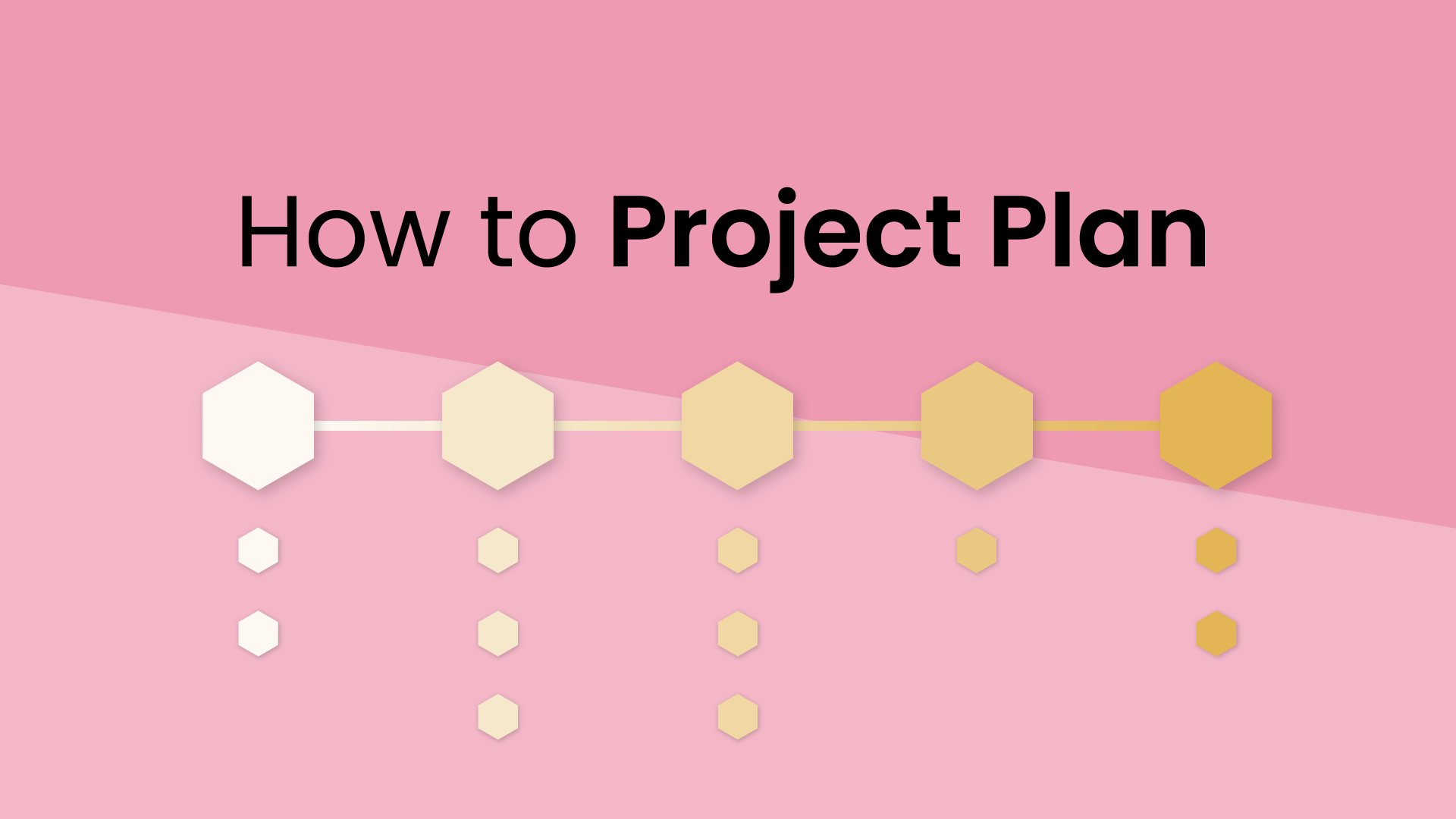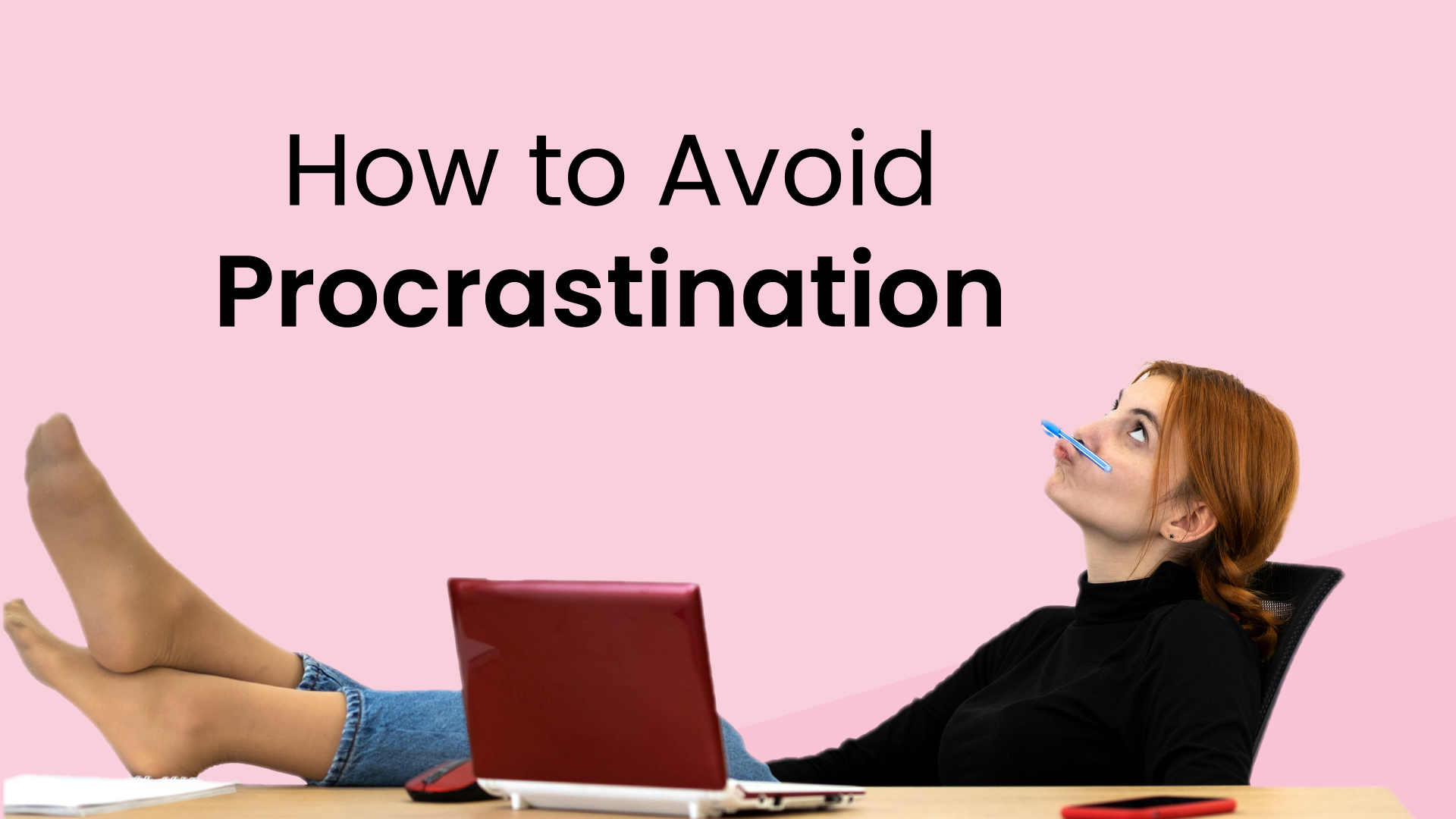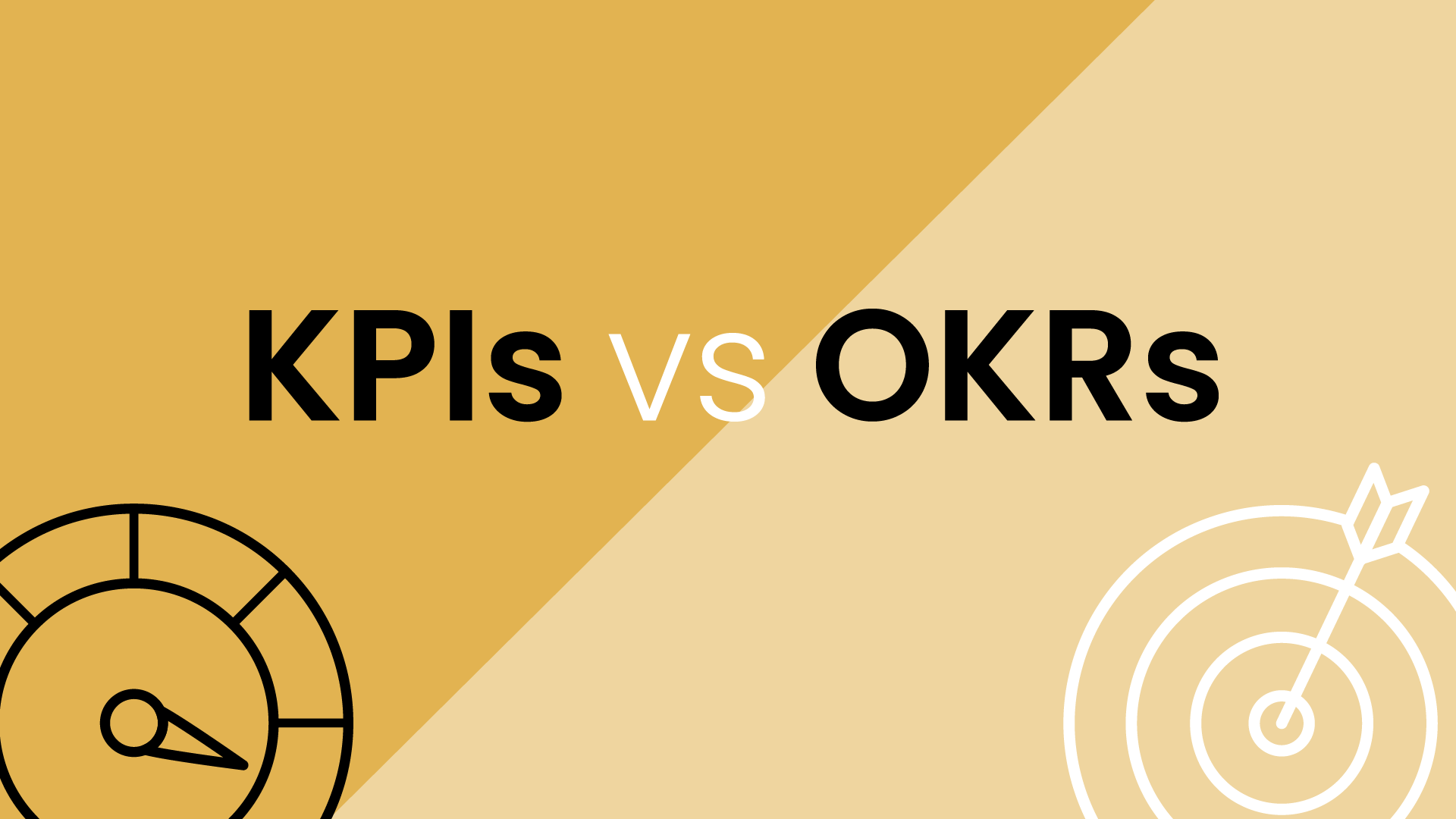

New Year's is coming up. Well, at least for us (it was a crisp November evening when this article was written). Even so, every year, we set resolutions with the hope of transforming ourselves. Yet, how often do these promises slip away before they ever truly take root? Setting intentions can be what’s needed to unlock your full potential and create a life you truly love.
What are intentions, though? Are they the same thing as goals? They are listed as synonyms in the dictionary, after all. Not quite. Intention setting is all about consciously choosing how you want to show up in the world. It’s about aligning the actions of your day-to-day life with your desires and values.
Let’s take a closer look:
What are intentions?
Intentions are conscious choices about how you want to show up in your life – who you want to be, how you want to live, and how you want to act. They’re the explicit principles that guide your efforts. Goals, on the other hand, center more around external outcomes. Intentions are meant to steer your conduct and discipline on your way there. And you can use them to bring the right energy into everything they do in your own life.
For example, if the goal is to run a marathon, your intention might be to approach your training with discipline and joy. If your goal is to get a promotion, your intention might be to contribute your best effort and maintain a positive attitude.
Here are a few more examples:
- Relationships: "I intend to communicate with honesty and compassion."
- Work: "I intend to focus on my priorities and stay organized."
- Personal growth: "I intend to embrace challenges as opportunities for learning."
- Health: "I intend to nourish my body with healthy food and movement."
- Spirituality: "I intend to cultivate gratitude and inner peace."
Why bother setting intentions?
You're just going with the flow, reacting to whatever life throws your way. You're a tiny boat in a huge ocean, with no control over where you end up. Sound familiar?
Setting intentions is consciously deciding where you want to go. It involves actively shaping your life instead of just letting things happen.
But what else can setting intentions do for you?
- Increased self-awareness: Setting intentions requires you to look inward and connect with your core values. In doing so, you can find a deeper understanding of who you are and what truly matters to you. This increased self-awareness can also serve as an antidote to limiting beliefs holding you back.
- Reduced stress & anxiety: When you live with intention, you're less likely to get caught up in the chaos and negative emotions of daily life. Intentions provide a sense of grounding and focus, reducing stress and improving your mental health, as a result.
- Improved focus & productivity: Intentions act as a filter for your behaviors and decisions in the present moment. With your intentions in mind, you can prioritize what's genuinely important to you and avoid getting sidetracked by less meaningful pursuits.
- Greater sense of purpose & fulfillment: Living intentionally can help bring a sense of purpose and meaning to your life. When your actions are guided by your values, you're more likely to experience a greater sense of fulfillment in doing them, regardless of whatever it is you’re up to.
- More mindful decision-making: Intentions help you make conscious choices on the same path as your desired outcomes. That way we can enjoy more mindful decision-making in all areas of our daily lives.
What's the difference between intentions & goals?
We covered it a bit before, but you might still be wondering. You might still think intentions and goals are, more or less, the same thing. But there's actually a big difference between them.
Goals are the "what." They are a specific, measurable, and desired outcome you want to achieve – the external targets you aim for.
Intentions are more of the "how." They represent the underlying purpose behind your actions and the way you choose to approach your goals. They are focused on your inner state and your attitude rather than the external outcome.
So, for example, a goal would be something like "I will finish writing this article by Friday."
An intention, on the other hand, would be something like "I intend on approaching my writing with focus and creativity."
(We published this article on a Thursday night so … 🏆)
But, what's the big deal? Why is this distinction important? Well, if you only focus on goals, it's easy to get hyper focused on that outcome alone. You might hit your goal, but end up stressed and burned out in your efforts to get there. You might even feel like something's still missing, despite your accomplishment.
Intentions, on the other hand, help you stick to your values, stay positive, and find purpose in what you're doing, no matter what happens in the end.
In other words, the distinction lies in what you can control. We cannot control outcomes in life. We may strive, struggle, and claw our way towards some end. But there are countless external factors that ultimately determine if we get there.
Intentions are fully within our control. We can decide how we behave (and with what attitude) as we work towards our purpose. So, when you set both intentions and goals alongside one another, you create a more balanced and fulfilling path to getting what you want.
How to set intentions – step-by-step
Okay, so now you understand why intentions are so powerful. Let's get down to actually setting them:
1. Reflect & connect
First things first, setting intentions requires deep introspection. You have to figure out what really matters to you. So, take some time to think about what's important, what kind of person you want to be, and what makes you happy.
Ask yourself things like:
- What are my core values? What do I stand for?
- What kind of person do I want to be?
- What makes me happy?
- What do I want to get better at or work on in my life?
Things like journaling, meditation, or just spending time in nature can really help you connect with yourself and figure these things out.
2. Choose a focus area
It's helpful to pick a specific area of your life to focus your intention on. Think about things like:
- Specific situations: Got a tough conversation coming up? A job interview? Starting something new?
- Time periods: Want to set an intention for today? This week? This month?
- Relationships: Any relationships you want to work on or make stronger?
- Areas of life: Want to focus on your health? Your job? Personal growth? Your spiritual side?
3. Formulate your intentions
Alright, now it's time to actually create your intentions.
- Keep it positive: Focus on what you want to happen, not what you don't want. So instead of "I won't get stressed today," try something like, "I'm going to stay calm and relaxed today."
- Be specific: The more specific you are, the better this will work. Instead of "I want to be happier," try "I'm going to appreciate the little things that make me happy today."
- Keep it short & sweet: A short, simple intention is easier to remember.
- Make it real: Your intentions should feel true to you and what you believe in.
4. Write it down
Don't just keep your intentions in your head! Write them down somewhere. This makes them feel more real and helps you stick to them. Here are some ideas:
- Write about them in a journal
- Make a vision board
- Write them on sticky notes and put them where you'll see them every day
5. Incorporate into your routine
To make the most of the intentions you set, you have to keep them in mind throughout the day.
- Visualize it: Spend a few minutes each day imagining yourself actually living by your intentions.
- Say it out loud: Repeat your intentions to yourself during the day.
- Reminders: Set reminders on your phone or put something up where you'll see it that reminds you of your intentions.
- Check in with yourself: Look at your intentions every now and then to make sure they still feel right. You might need to change them up sometimes.
Doing this regularly can turn setting intentions into a real habit that can help improve your life.
Common challenges with intention setting (and how to overcome them)
Setting intentions is really helpful, but it can be tricky sometimes. Here are some things you might run into and how to deal with them:
1. It's hard to keep it up
We get it. Life gets crazy, and it's easy to forget about your intentions.
- Start small: Don't try to do too much at once. Pick one or two intentions to focus on.
- Reminders are key: Put things up that will remind you, set alarms, or write about your intentions in a journal to keep them in mind.
- Remember why you're doing it: Keep reminding yourself why these intentions matter to you and how they connect to what you believe in.
2. Feeling overwhelmed
Focusing on too many intentions at once can make you feel scattered and make it harder to stick to any of them.
- Pick your top priorities: Choose just one or two main areas to focus on at a time.
- Break it down: If your intention feels too big, break it down into smaller, easier steps.
- Be patient: It takes time to build new habits and ways of thinking, so don't get discouraged if it doesn't happen right away.
3. Dealing with setbacks
Things don't always go the way we want. It's easy to get discouraged when you hit a roadblock.
- Go easy on yourself: Don't beat yourself up if you mess up or something unexpected happens.
- Look at it from a different angle: See setbacks as a chance to learn and grow.
- Change things up: If you need to, you can always change your intentions or how you're trying to achieve them.
4. Forgetting all about it
When you're busy, it's easy to completely forget about your intentions.
- Visual reminders: Make a vision board, use sticky notes, or say your daily intentions out loud to keep them front and center.
- Make it a habit: Connect your intentions to things you do every day, like writing in a journal, meditating, or working out.
- Check-in with yourself: Make your own time every week or month to look back at your intentions and see how you're doing.
Examples of intentions
Need some ideas to get those intention-setting wheels turning? Here are a few examples of how you can set intentions in different areas of your life.
Personal growth
- "I intend to approach challenges with patience and a growth mindset."
- "I intend to be more mindful of my thoughts and feelings."
- "I intend to step outside my comfort zone and try new things."
- "I intend to be kinder and more compassionate to myself."
Relationships
- "I intend to communicate with honesty and empathy."
- "I intend to be a supportive and present friend, partner, or family member."
- "I intend to actively listen and understand others' perspectives."
- "I intend to resolve conflicts peacefully and respectfully."
Health
- "I intend to nourish my body with healthy food and exercise."
- "I intend to get enough sleep and rest."
- "I intend to practice self-care and stress-management techniques."
- "I intend to seek regular medical checkups and maintain my well-being."
Work
- "I intend to focus on my priorities and stay organized."
- "I intend to contribute my best effort and be a team player."
- "I intend to seek opportunities for professional development and growth."
- "I intend to maintain a positive and productive work environment."
Spiritual
- "I intend to cultivate inner peace and gratitude."
- "I intend to connect with my deeper values and purpose."
- "I intend to practice mindfulness and meditation."
- "I intend to be open to learning and growth from different perspectives."
Final tips for turning intentions into action
Setting intentions is about growing, not just going. Here are some tips to help you along the way and make it more fulfilling:
1. Start small
Don't feel like you have to change your whole life at once! Start with just one or two intentions in an area that feels really important to you. As you get the hang of it, you can start setting intentions for other parts of your life.
2. Be patient
Building new habits and ways of thinking takes time and work. Don't get down on yourself if you don't see things changing right away. Be patient, celebrate the small wins, and trust that if you keep at it, you'll see positive changes over time.
3. Stay flexible & adapt
It's totally okay to change your intentions! It's actually really important to check in with them every now and then and make changes if you need to. As you grow and change, your intentions might change too, and that's perfectly normal.
Ask yourself:
- Do my intentions still match up with what I believe in and what I'm trying to achieve?
- Are they helping me?
- Do I need to tweak them or say them in a different way?
4. Connect to your "Why"
The best intentions are the ones that really connect with what you believe in and what motivates you. When you know why your intentions are important to you, it's much easier to stick with them, even when things get tough. Keep reminding yourself why these intentions matter and how they'll help you build the life you want.
Intentionally create the life you desire 🌟
Your life is a work in progress, and your intentions are the building blocks of your personal development. They shape your choices, guide your actions, and ultimately determine the kind of life you create. Don't strive for perfection, strive for presence. Setting powerful intentions is about mindful choices and active participation in your own life's unfolding story.
What areas of your life are you hoping to shape with intention? Tweet us at @reclaimai and let us know!
Trend Reports
Ready for an
AI calendar?
Auto-schedule focus time, meetings, & breaks on Google Calendar + Outlook Calendar.
Start scheduling →It's free! 🎉






















